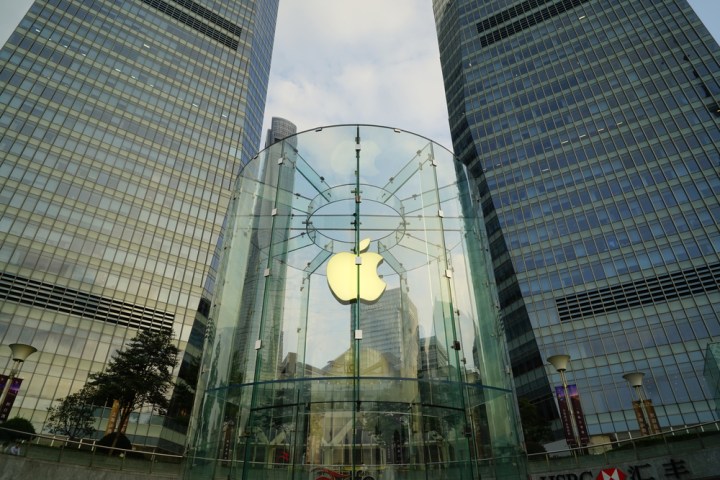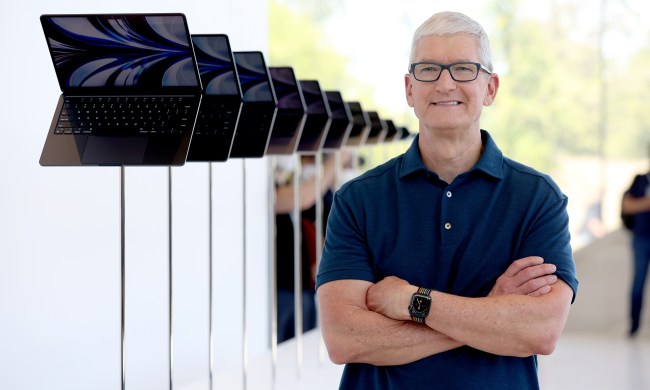
The news came to light at a hearing in Washington, D.C., where Apple’s general counsel and Senior Vice President of Legal and Government Affairs, Bruce Sewell, disclosed the information in response to law enforcement officials’ claims that the company was handing over information to the Chinese government for business reasons, according to Reuters.
At the hearing before the House Energy and Commerce subcommittee, Captain Charles Cohen of the Indiana State Police said Apple has quietly cooperated with Beijing. Representative Anna Eshoo, D-CA., asked Cohen to report a source for his information. but he could only cite news reports.
“That takes my breath away,” Eshoo said, according to Reuters. “That is a huge allegation.”
Apple testified, as did the FBI, over encryption and the company’s refusal to weaken its security on iPhones to allow access. The argument erupted over the iPhone of San Bernardino shooter Syed Farook, who killed 14 people at a holiday party in December 2015. The iPhone was locked, and the FBI wanted to get in — so it issued a court order, demanding Apple to create special code that would allow the FBI to access the information on the device.
Apple refused, arguing that in the wrong hands, the tool could threaten the security and privacy of its customers. The FBI dropped the case, after it was able to unlock the phone thanks to professional “gray hat” hackers, but the anti-encryption war isn’t over as the Justice Department said it still needs Apple’s help in another case.
The hearing also saw the FBI defending its use of a third-party to unlock the iPhone — saying that the agency relies on them due to the fast-changing nature of technology, according to the New York Times.
“These types of solutions that we may employ require a lot of highly skilled, specialized resources that we may not have immediately available to us,” said Amy Hess, the FBI’s executive assistant director for science and technology.
But subcommittee members expressed their discomfort with the use of these “gray hat” hackers, and Representative Diana DeGette, D-Co., asked if the use of third-party hackers was ethical, and if it potentially could open more security risks.
Law enforcement across the country are struggling in investigations, as growing numbers of commercial devices have encryption turned on by default. That limits the access investigators have when trying to pry into criminal’s phones, which could potentially hold useful information.
Thomas Galati, the New York Police Department’s chief of intelligence, testified to the importance of anti-encryption legislation, saying that his department hasn’t been able to open 67 Apple devices from October 2015 to March 2016. The phones are being stored as evidence for homicides, rapes, and violent crimes.
Apple’s top lawyer reiterated the argument the company has stood by all along — an argument with which an overwhelming amount of tech, legal, cryptology, and cybersecurity experts agree — that weakening encryption would threaten the security and privacy of “one hundred percent” of its users.
Reform Government Surveillance, the Computer & Communications Industry Association, the Internet Infrastructure Coalition, and the Entertainment Software Association sent a letter to the two U.S. senators heading the anti-encryption bill — Senator Diane Feinstein, D-Ca., and Senator Richard Burr, R-N.C. Burr and Feinstein hold the position of chairman and vice chairman of the Select Committee on Intelligence, respectively.
“Any mandatory decryption requirement, such as that included in the discussion draft of the bill that you authored, will to lead to unintended consequences,” the letter reads. “The effect of such a requirement will force companies to prioritize government access over other considerations, including digital security. As a result, when designing products or services, technology companies could be forced to make decisions that would create opportunities for exploitation by bad actors seeking to harm our customers and whom we all want to stop. ”
The above organizations represent major tech companies, such as Facebook, Apple, Google and Microsoft.


